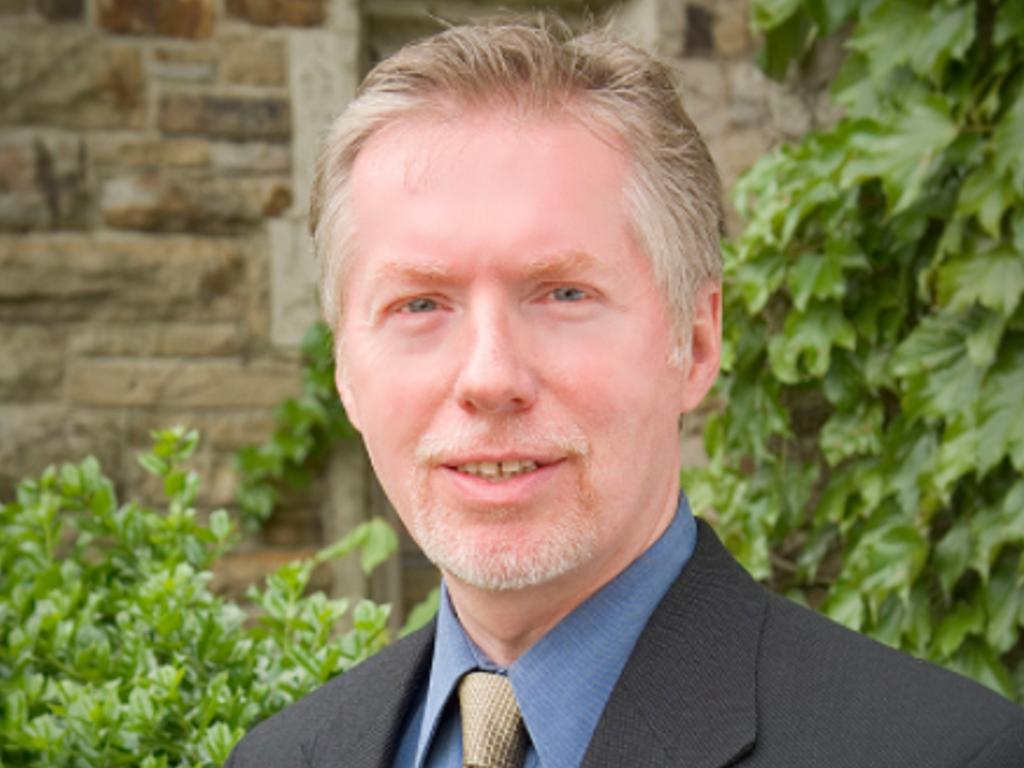Professor of Political Science Dr. Dan Cullen has been named to a new national task force addressing ways leaders in higher education can ensure their campuses flourish as places of open inquiry, free expression, and inclusion.
The Academic Leaders Task Force on Campus Free Expression was launched by the Bipartisan Policy Center located in Washington, D.C., and is made up of college presidents, professors, administrators, and civic leaders.
“Higher education institutions have a special role in America’s democracy, preparing the next generation for civic leadership and principled debate,” according to the center’s president, Jason Grumet. “Our democracy cannot succeed if we accept the false premise that free expression is somehow at odds with cultural diversity, inclusion, and individual well-being.”
The task force is a bipartisan collaboration and will be co-chaired by former governors Chris Gregoire (D-WA) and Jim Douglas (R-VT).
“Although freedom of speech and academic freedom overlap, they are not congruent,” says Cullen. “Both have a place in the university, and both are at risk, but they serve different ends and entail different norms. Freedom and inclusion are not antagonistic goals; but we have work to do to better answer the questions: What is freedom for? Inclusion into what?”
At Rhodes, Cullen teaches a variety of courses in the history of political thought, contemporary political ideas, and the humanities. He directs the Project for the Study of Liberal Democracy, which supports teaching, scholarship, and critical discussion of the principles of constitutional government and the philosophical sources of those principles in the Western intellectual tradition. He also served on the Rhodes Free Speech and Civil Discourse Working Group which recently completed its work.
“There may not be a free speech ‘crisis’ on college campuses, but there is certainly a problem,” says Cullen. “Reliable surveys indicate a significant proportion of students—thankfully, not a majority—see no upside to ideological diversity and would be happier if their opponents found their education elsewhere. There are other worrisome signs of intolerance on campus, suggesting that whatever the problem is, it won’t be and shouldn’t be resolved by lawmakers; the cure must come from within.”
